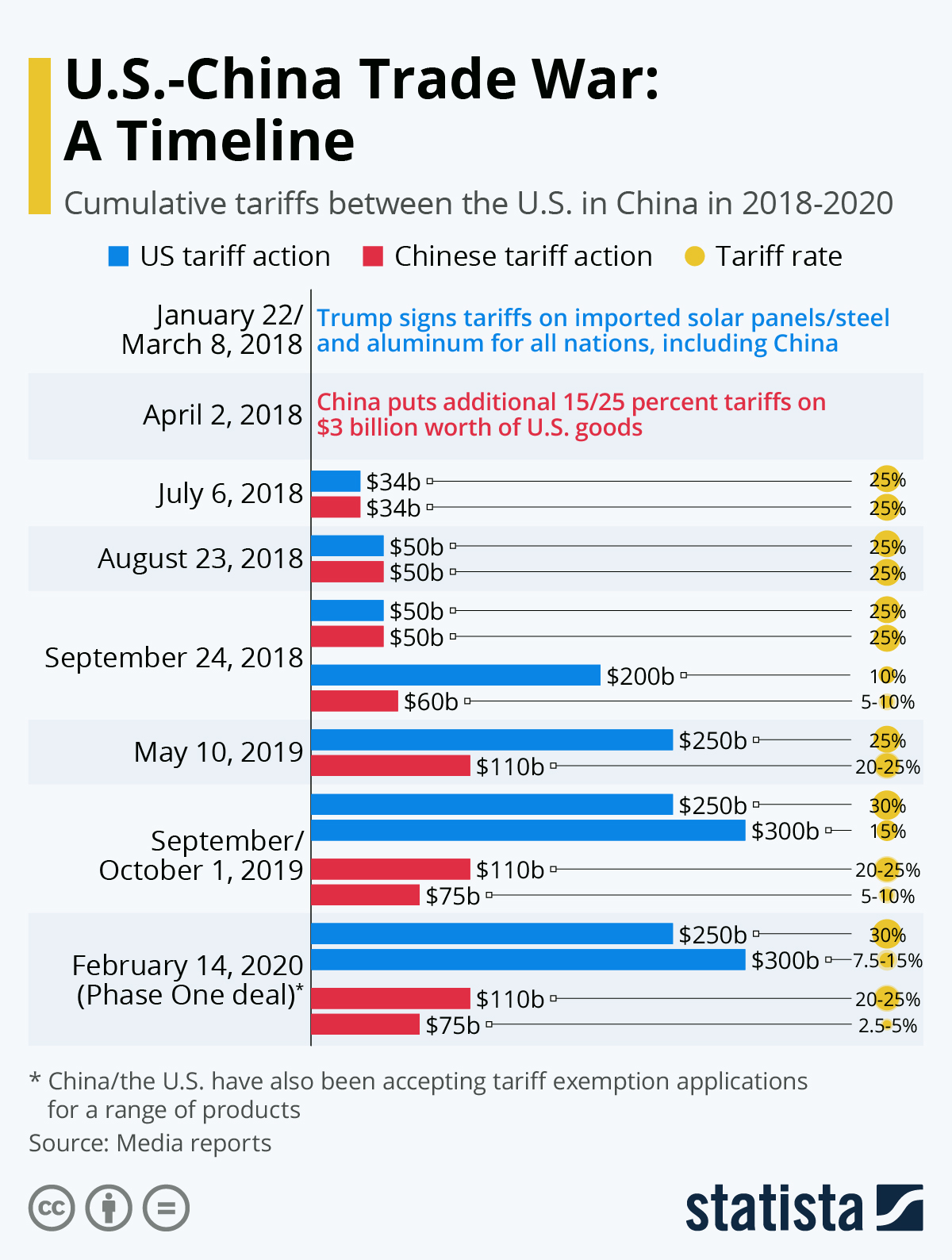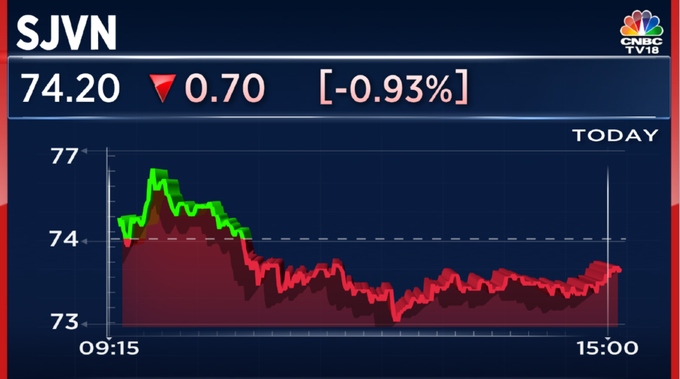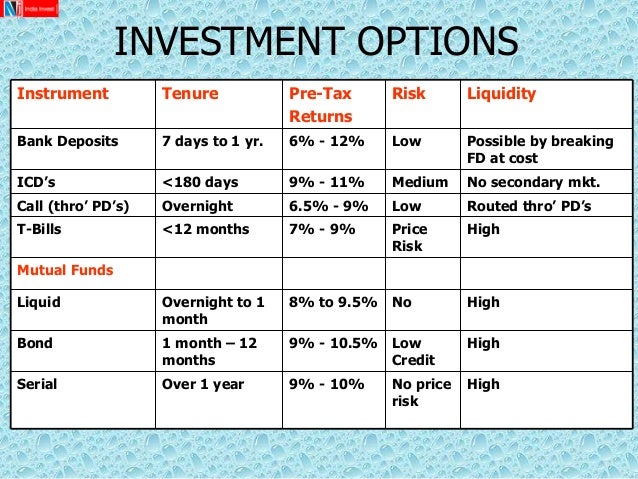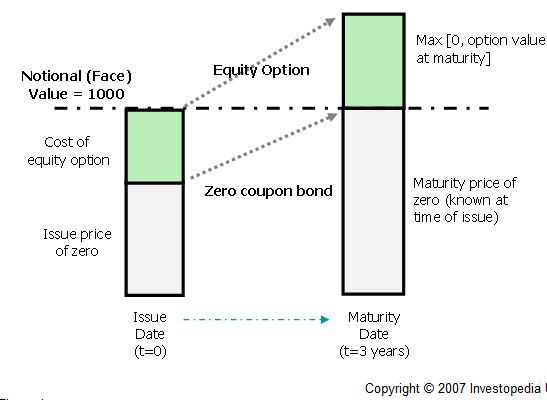The WhatsApp Spyware Case: Meta's $168 Million Verdict And Ongoing Challenges

Table of Contents
The NSO Group and the Pegasus Spyware
At the heart of the WhatsApp Spyware Case lies the NSO Group, an Israeli cybersecurity company known for its controversial Pegasus spyware. Pegasus is a sophisticated piece of surveillance technology capable of infiltrating smartphones and extracting vast amounts of sensitive data. This potent spyware represents a significant threat to individual privacy and national security.
- Pegasus's Capabilities:
- Accessing messages and call logs.
- Tracking location data in real-time.
- Extracting contact lists and calendar information.
- Recording calls and activating the device's microphone.
- Accessing photos and other files stored on the device.
The human rights implications of Pegasus are profound. Reports indicate that journalists, activists, and political opponents have been targeted, raising serious concerns about its misuse for surveillance and repression. The use of such powerful cyberattacks and surveillance technology highlights the need for stronger international regulations and ethical guidelines for the development and deployment of spyware.
The WhatsApp Spyware Case Lawsuit
The lawsuit against Meta (formerly Facebook), filed by WhatsApp users, centered on allegations that the NSO Group exploited a vulnerability in WhatsApp's system to install Pegasus spyware on their devices. This unauthorized access allowed the NSO Group to violate the privacy of thousands of individuals, gaining access to their personal communications and data without their knowledge or consent.
- Key Allegations:
- Unauthorized access to WhatsApp accounts.
- Installation of Pegasus spyware without user consent.
- Significant privacy violations and data breaches.
- Failure by Meta to adequately protect user data.
The legal battle involved complex arguments surrounding Meta's responsibility for protecting user data, the vulnerabilities in their platform, and the actions taken (or not taken) to address the spyware threat. Evidence presented in court included details of the exploit used by the NSO Group and the scope of the resulting data breaches. The WhatsApp lawsuit set a significant precedent for future cases involving privacy violations and data breaches resulting from sophisticated spyware attacks.
The $168 Million Verdict and its Significance
The $168 million verdict against Meta represents a landmark decision, setting a crucial precedent for future lawsuits concerning spyware and user data protection. The substantial penalty imposed underscores the seriousness of the privacy violations and the legal ramifications for tech companies failing to adequately protect their users.
- Implications of the Verdict:
- Significant financial penalty for Meta.
- Sets a legal precedent for future cases involving spyware.
- Impacts Meta's reputation and investor confidence.
- Potentially influences stock prices and overall market value.
The verdict is a significant win for privacy advocates and highlights the importance of robust data security measures in the digital age. It also raises questions about the accountability of tech companies for vulnerabilities in their platforms that are exploited by malicious actors. The Meta penalty sends a strong message to other tech companies about the potential financial and reputational risks of failing to adequately protect user data from spyware attacks.
Ongoing Challenges and Future Implications
The threat of spyware and advanced surveillance techniques remains a significant concern in the digital age. While the WhatsApp Spyware Case is a pivotal moment, the battle against spyware is far from over.
- Continuing Challenges:
- The constant evolution of spyware technology.
- The difficulty of detecting and preventing sophisticated attacks.
- The need for stronger international cooperation to combat spyware.
- The potential for misuse of spyware by governments and malicious actors.
Meta and other tech companies are investing in improved security measures, including enhanced encryption and vulnerability detection programs. However, the sophistication of modern spyware necessitates ongoing efforts to stay ahead of malicious actors. Future legal actions and technological advancements in spyware detection are crucial to mitigate the ongoing threats. Stronger regulations and international cooperation are also essential in addressing the broader issue of spyware proliferation.
The Role of End-to-End Encryption
End-to-end encryption is a crucial technology for protecting user data in messaging apps. With end-to-end encryption, only the sender and receiver can access the contents of a message; not even the messaging app provider. While offering strong data security, end-to-end encryption is not a foolproof solution. There are potential vulnerabilities that can be exploited by sophisticated spyware, particularly through zero-day exploits (newly discovered vulnerabilities). The ongoing development and deployment of strong end-to-end encryption remains paramount in enhancing data security and combating the pervasive threat of spyware.
Conclusion
The WhatsApp Spyware Case serves as a stark reminder of the ever-present threat of spyware and the crucial need for robust security measures in the digital age. The $168 million verdict against Meta highlights the significant consequences of failing to adequately protect user data. While the verdict is a victory for privacy advocates, the ongoing challenges of combating sophisticated spyware demand continued vigilance and collaborative efforts from tech companies, governments, and individuals. Stay informed about developments in the WhatsApp Spyware Case and other emerging threats to online security to protect yourself and your data. Understanding the complexities of the WhatsApp Spyware Case is crucial for navigating the digital landscape safely.

Featured Posts
-
 Chinas Impact On Luxury Car Sales Bmw Porsche And Beyond
May 09, 2025
Chinas Impact On Luxury Car Sales Bmw Porsche And Beyond
May 09, 2025 -
 Manchester Uniteds De Ligt Inter Milans Shock Loan Pursuit
May 09, 2025
Manchester Uniteds De Ligt Inter Milans Shock Loan Pursuit
May 09, 2025 -
 High Potential Why The Season 1 Underdog Deserves A Season 2 Spotlight And Maybe A Villainous Arc
May 09, 2025
High Potential Why The Season 1 Underdog Deserves A Season 2 Spotlight And Maybe A Villainous Arc
May 09, 2025 -
 The Impact Of The Us Economy On Elon Musks Net Worth And Tesla
May 09, 2025
The Impact Of The Us Economy On Elon Musks Net Worth And Tesla
May 09, 2025 -
 Chinese Goods And The Trade War Examining The Impact On Bubble Blasters And Beyond
May 09, 2025
Chinese Goods And The Trade War Examining The Impact On Bubble Blasters And Beyond
May 09, 2025
Latest Posts
-
 India Stock Market Today Sensex And Nifty 50 Close Flat Amidst Volatility
May 09, 2025
India Stock Market Today Sensex And Nifty 50 Close Flat Amidst Volatility
May 09, 2025 -
 Finding The Real Safe Bet A Practical Guide To Secure Investing
May 09, 2025
Finding The Real Safe Bet A Practical Guide To Secure Investing
May 09, 2025 -
 Sensex Nifty 50 End Flat Bajaj Twins Losses And Geopolitical Tensions Weigh
May 09, 2025
Sensex Nifty 50 End Flat Bajaj Twins Losses And Geopolitical Tensions Weigh
May 09, 2025 -
 Is It A Real Safe Bet Evaluating Low Risk Investment Options
May 09, 2025
Is It A Real Safe Bet Evaluating Low Risk Investment Options
May 09, 2025 -
 The Real Safe Bet Investing Strategies For Secure Returns
May 09, 2025
The Real Safe Bet Investing Strategies For Secure Returns
May 09, 2025
